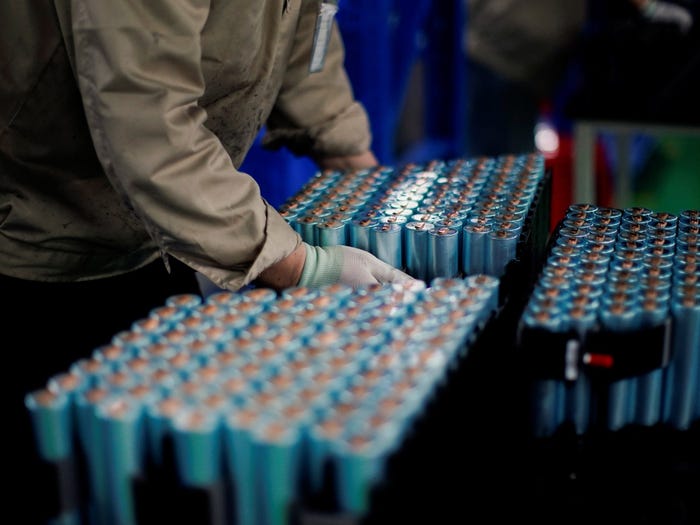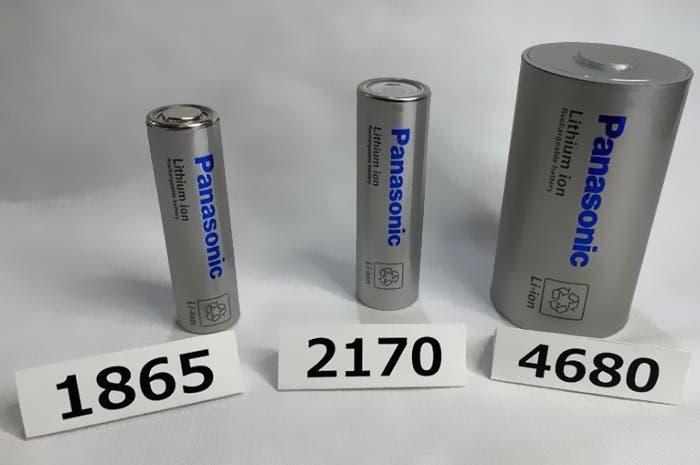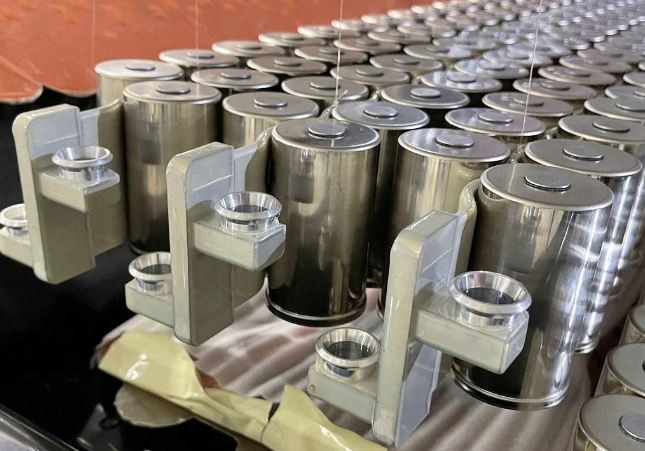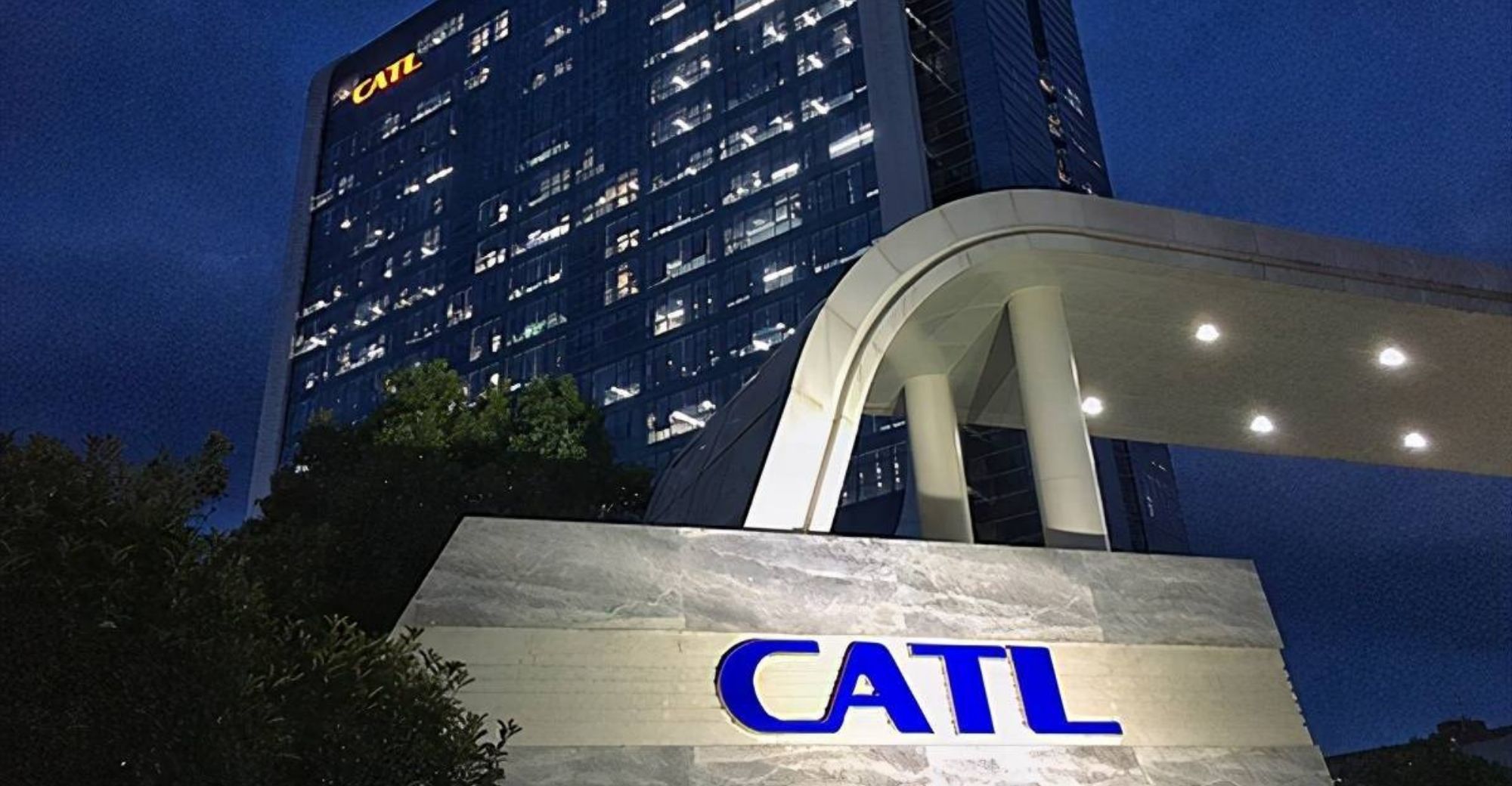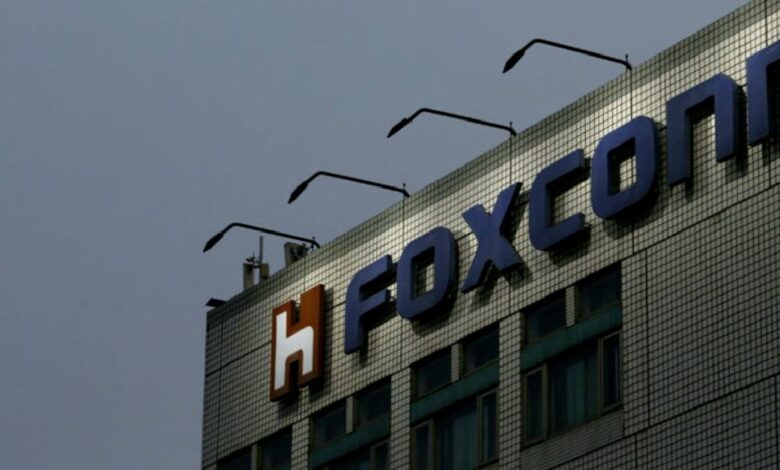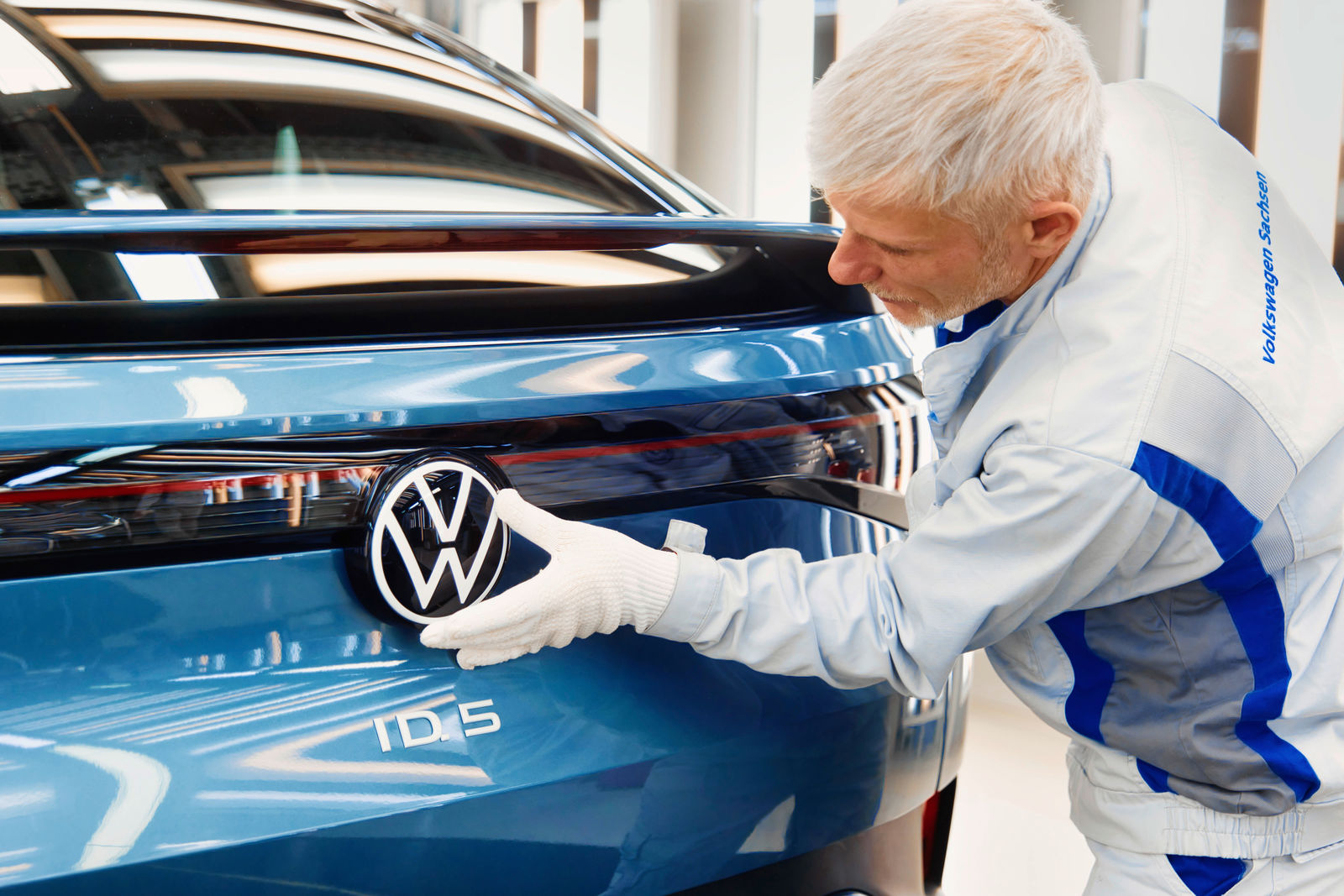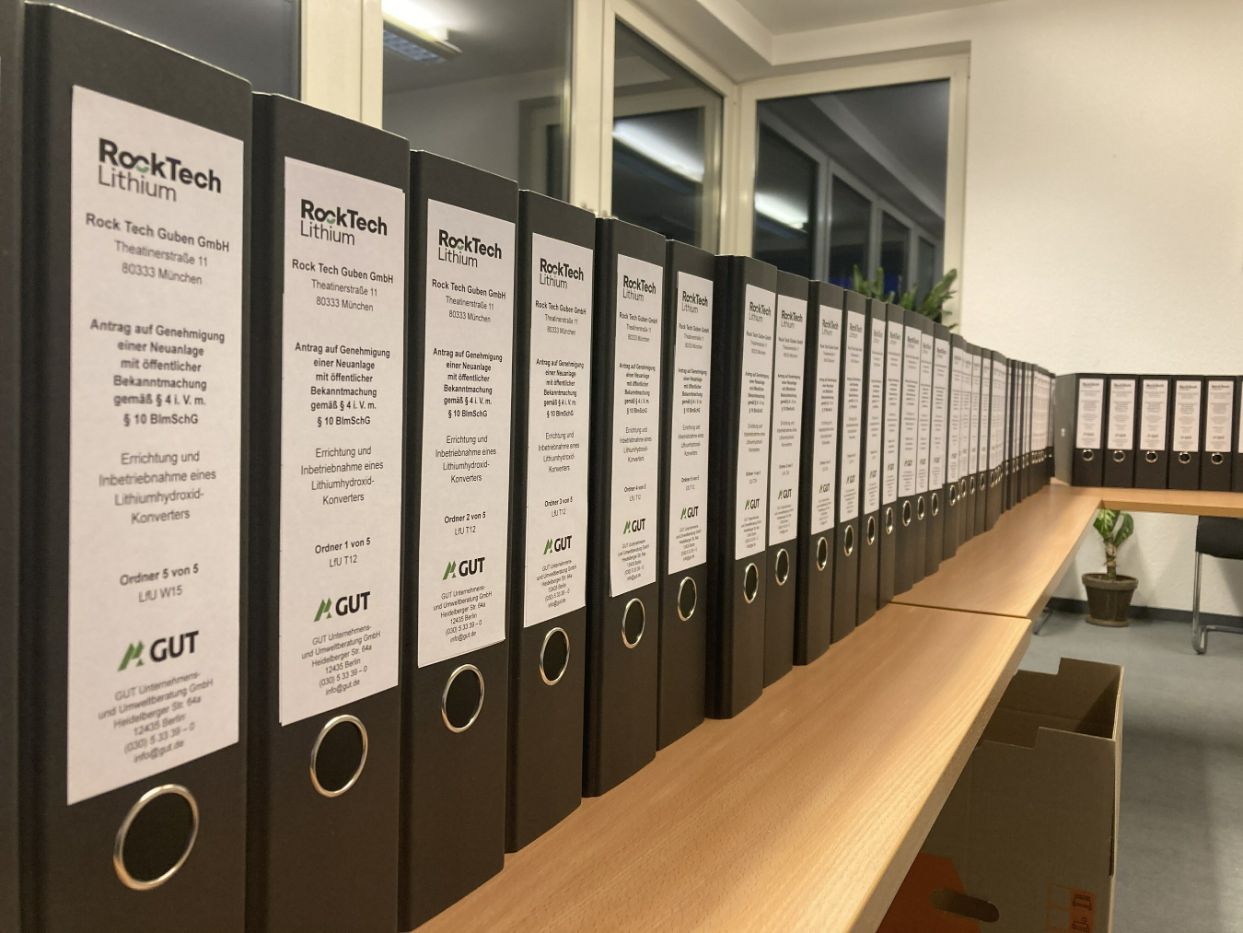The US and the European Union (EU) have expressed their desire to enter into negotiations on critical minerals required for the production of electric car batteries. This announcement was made following a meeting between US President Joe Biden and EU Commission President Ursula von der Leyen at the White House. The proposed agreement aims to make electric vehicles manufactured in the EU eligible for tax credits in the US, which are currently only granted to cars built in North America.
In addition, the agreement would ensure the security of supply chains for battery production in the EU and facilitate access to the US market. This would imply that critical raw materials obtained in the EU would have the same level of access to the American market as those obtained in the US.
In a joint statement, Biden and von der Leyen stated that “Today, the United States and the European Commission announced the launch of the Clean Energy Incentives Dialogue to coordinate our respective incentive programs so that they are mutually reinforcing.” They also emphasized that the two entities are working towards mutual benefits rather than a zero-sum competition. “We are working against zero-sum competition so that our incentives maximize clean energy deployment and jobs—and do not lead to windfalls for private interests,” the statement reads.
Last week, the EU Commission unveiled its own subsidy program, which includes a provision that enables countries to offset subsidies offered by non-European governments in cases where the risk of relocation is high. The Commission has adopted the revised state aid rules titled “Temporary framework for crisis management and change,” and this amendment will be valid until the end of 2025.
Several EU countries, including Germany, had accused the US of distorting competition through the so-called Inflation Reduction Act. This Act provides subsidies of approximately $370 billion for green technologies, but only EVs assembled in North America are eligible. Tax credits amounting to $3,750 are offered if at least 40% of the battery-critical minerals come from the US or from countries with a free trade agreement with the US. Another $3,750 is available if at least 50% of the vehicle’s battery components come from the US or from countries with a free trade agreement with the US. Over the years, these percentages continue to increase.
See also: UK Government Launches £15 Million Recycling Research Program to Secure Critical Material Supply
The only existing loophole is that electric vehicles that were not assembled in North America can benefit from the subsidy if they are leased and used commercially.
Because of the higher financial support provided in the US for battery plant and electric car factory construction, some manufacturers prefer locations in the US over those in Europe. Volkswagen, for instance, has announced that it might establish a battery plant in the US instead of Europe if the EU does not revise its incentive program.
Although the dispute over green technology subsidies has not been fully resolved by Biden and von der Leyen, their talks represent a significant step in the right direction.

